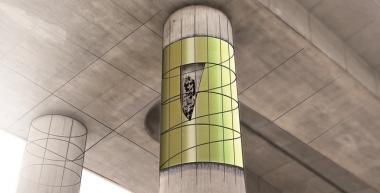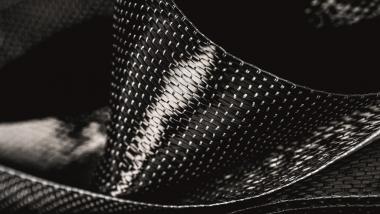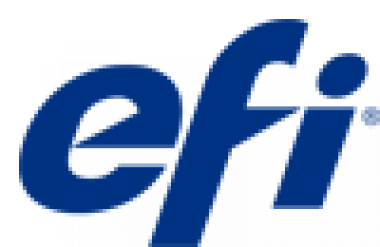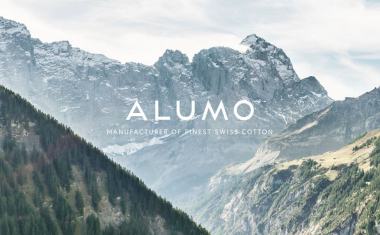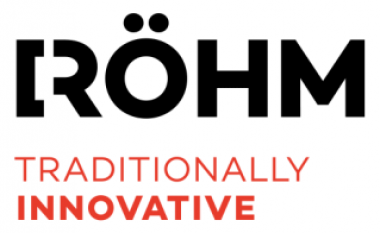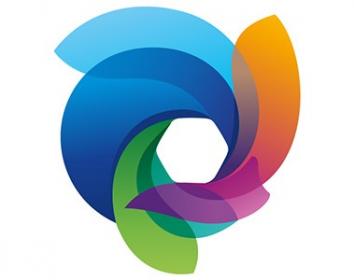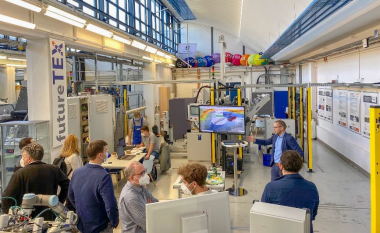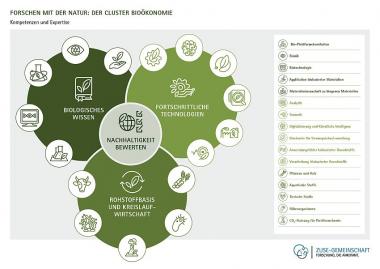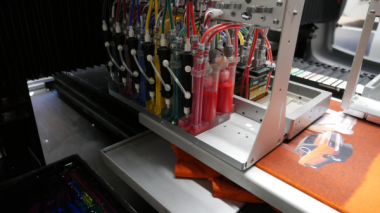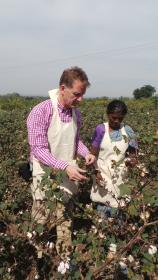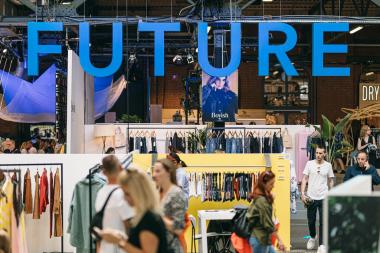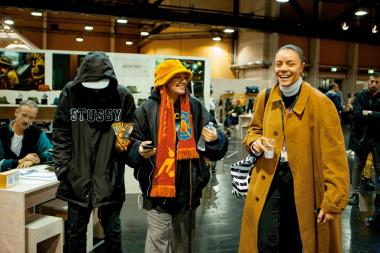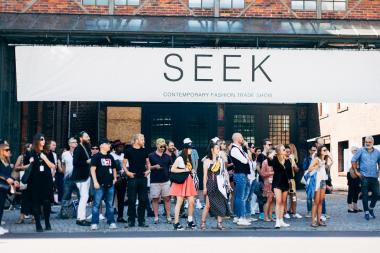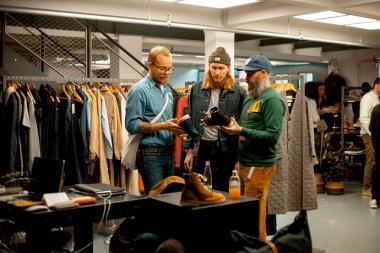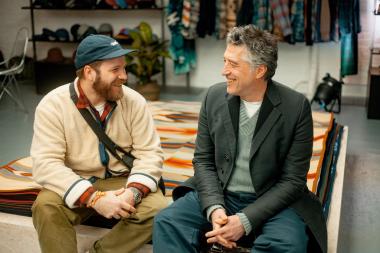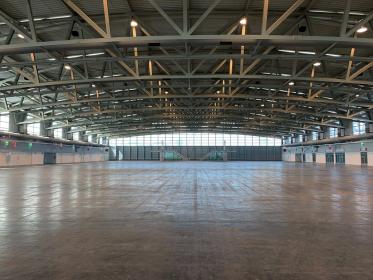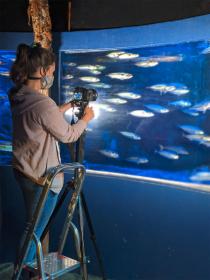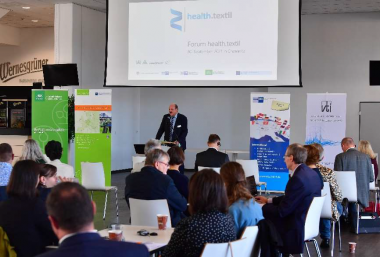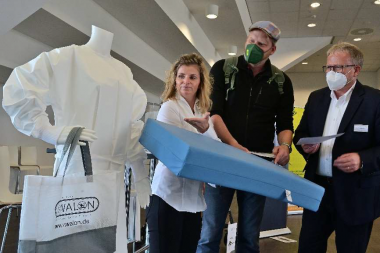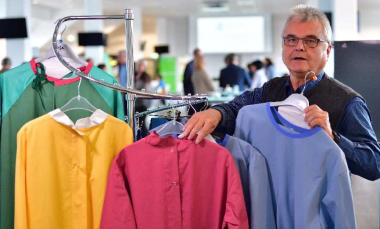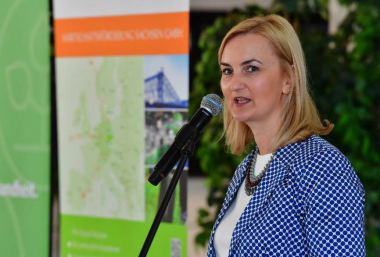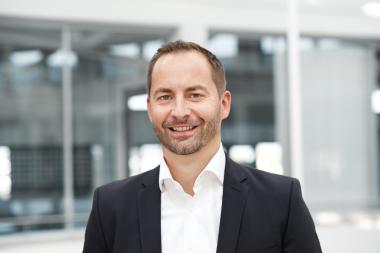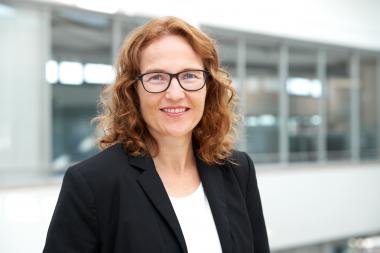Composite textiles by vombaur for innovations in architecture and the construction industry
- Composites in the construction industry - The lightweight construction material of the future
Building with fibre-reinforced materials opens up completely new possibilities. In terms of engineering, design, and organisation. This is due, on the one hand, to the excellent properties of fibre-reinforced materials (FRM) and, on the other hand, to the fact that the material – unlike wood or brick, for example – is not machined or processed for its use, but custom-produced.
Excellent properties – in terms of engineering, design, and organisation
Fibre-composite materials offer a whole range of technical properties for innovative and sustainable building:
• High mechanical rigidity
• Low weight
• High corrosion resistance
• Low material fatigue
• Low heat transfer coefficient of the plastic matrix
• Resistance to frost and de-icing salt
• Good draping capability
In addition, fibre composites offer numerous design options for novel and exceptional new building and maintenance projects:
• Unique variety of shapes
• Different structures of the textiles
• Large spectrum of colours and colour combinations
• Translucency of the plastic matrix
Thanks to these properties, composites can be used to produce coloured, phosphorescent, thermochromic or – through the use of LEDs or light-conducting fibres permanently integrated into the matrix – luminescent components.
In addition, there are organisational benefits for planning, construction and maintenance work with fibre-reinforced materials:
• Easier handling and assembly of the far lighter and more flexible components – compared with steel, concrete or wood
• Faster installation
• Shorter construction site times in road and bridge maintenance
• Shorter delivery times
• Ability to integrate electronic monitoring systems
Individual composite textiles – for every lightweight engineering project
The composites experts at vombaur develop and manufacture woven tapes and seamless round or shaped woven textiles from carbon, glass, flax or other high-performance fibres on special weaving lines for individually specified round and shaped woven textiles – and can therefore offer you the best possible fibre base for every lightweight construction project.
"Regardless of whether it's a new construction or a renovation project, a façade design, a bridge or a staircase – as your development partner for composite textiles, we have plenty of experience with composites for demanding tasks," emphasises Dr.-Ing. Sven Schöfer, Head of Development and Innovation at vombaur. "We develop, create samples and manufacture woven tapes and seamless round or shaped woven textiles – in collaboration with the customer enterprise development teams and individually for the respective projects." This is how novel and unique lightweight components made of high-performance textiles are created for visionary projects.
vombaur GmbH & Co. KG


